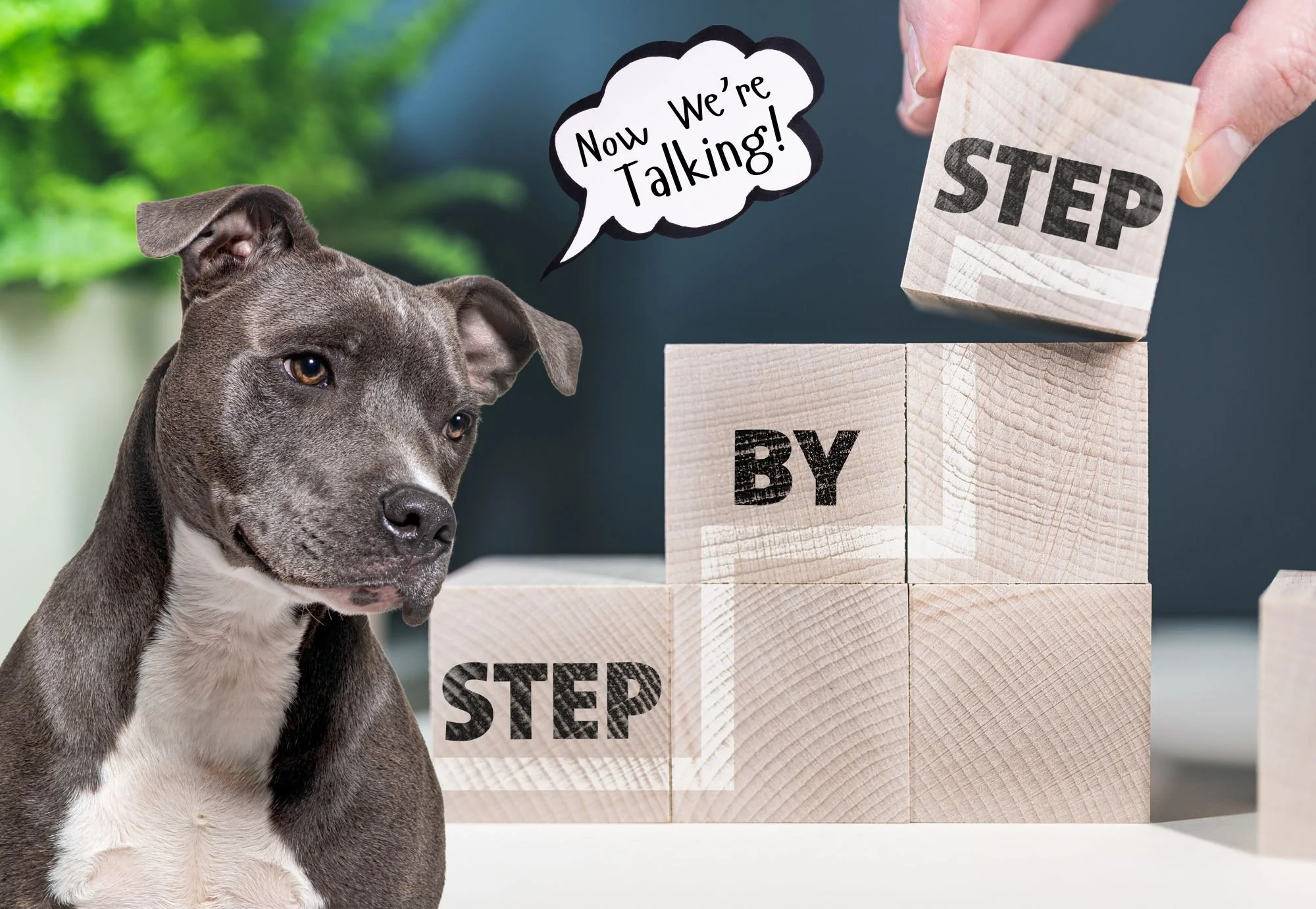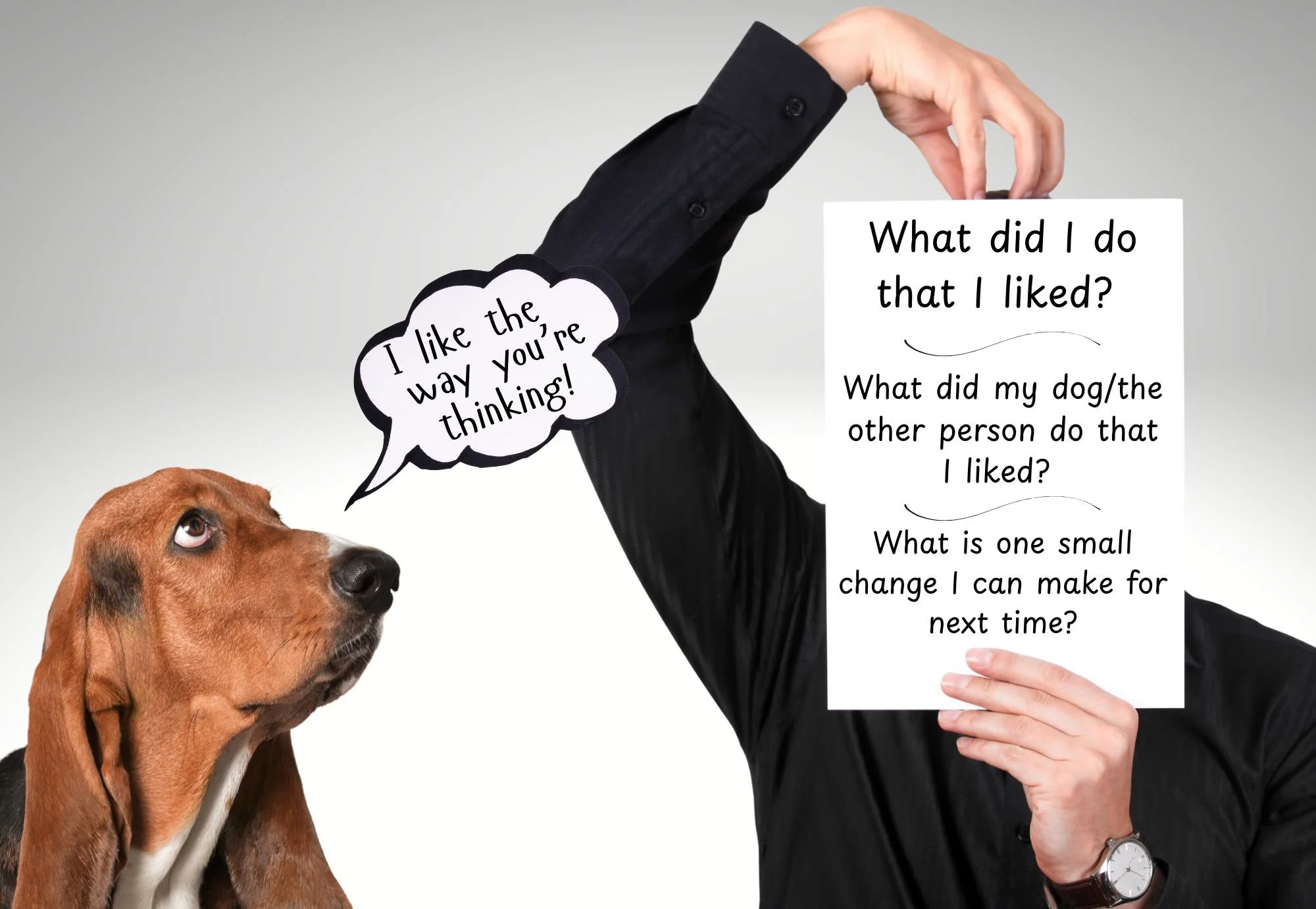The Secret Superpower You Already Have
I recently found myself pondering on how a child learns to ride a scooter.... Why? We’ll get to that in a minute.
What do they do? They wobble, they crash into the grass, they fall down, they get back up over and over again. That persistence seems superhuman when you’re watching it. Eventually, they're zipping along, seemingly effortlessly. It's not because they suddenly "got it all at once." It's because their environment is constantly giving them feedback, shaping their behaviour through countless, tiny, often unnoticed approximations.
In our recent "Barks from the Bookshelf" podcast with Ryan Cartlidge, he shared this beautiful analogy, highlighting a crucial truth that applies to all learning – for both animals and humans: the power of small approximations and celebrating every tiny win.
As trainers, we're fantastic at breaking down complex behaviours for our dogs. We use clickers, mark precise moments, and reward the tiniest step in the right direction. But when it comes to ourselves, or even our human clients, do we apply the same understanding and compassion? Ryan argues we often don't. We fall into the trap of focusing on what went "wrong," rather than what went right, however small.
Ryan passionately advocates for embracing the "learner's mindset" for ourselves. He uses a simple, yet incredibly powerful, reflection tool (inspired by Sarah Owings) after any training session or human interaction:
What did I do that I liked? (What behaviour do I want to maintain or increase?)
What did my dog/the other person do that I liked? (What behaviour do I want to maintain or increase in them?)
What is one small change I can make for next time?
This framework forces us to celebrate the little victories, to acknowledge that even if a session didn't go "perfectly," there's always something to learn and build upon. Ryan even uses his own cat's trick training as a low-stakes way to practice being a learner, exploring new food delivery methods, and understanding how his cat offers (or doesn't offer!) behaviour. He sees the "selfie" trick as unimportant, while his own learning about shaping and reinforcement becomes the true valuable outcome.
This mindset is key to combating analysis paralysis and the feeling that you need to be as good as Ken Ramirez (or any other awesome trainer) before you can act. As Ryan puts it, "You can only do the best that you can do with the knowledge and skills you have... try it." Even if it "fails," you've gained new information, which is always a win.
So, next time you're feeling frustrated with a training challenge (with your dog or yourself!), remember Ryan's wisdom. Lean into the learner's mindset, break things down into those ridiculously small approximations, and, most importantly, celebrate every single step forward. That's your superpower.
Ready to shift your perspective and unlock your inner learner? Don't miss this insightful conversation! Click one of the buttons below to listen to the full podcast with Ryan Cartlidge.





